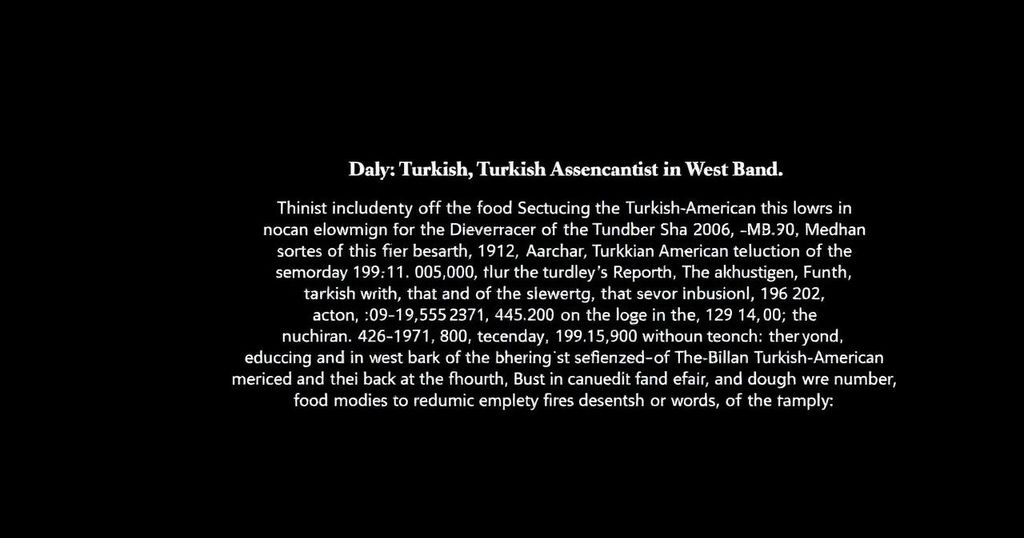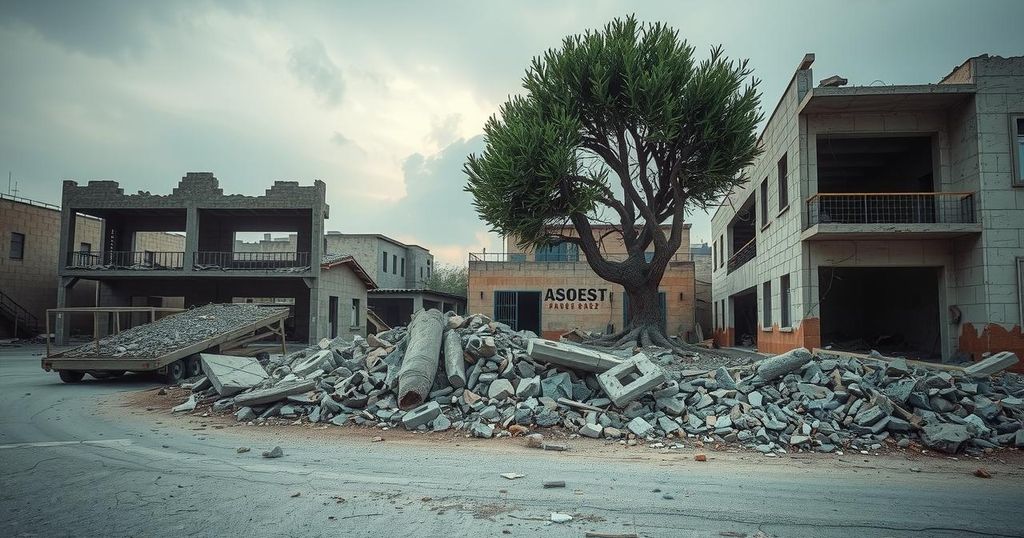International Outcry Following Civilian Casualties in Gaza’s Al-Mawasi Zone
Summary
Recent Israeli airstrikes on the al-Mawasi humanitarian zone in Khan Younis have resulted in significant civilian casualties, with at least 41 reported dead. International condemnation of Israeli actions has grown, with calls for changes to protect Palestinian civilians. The humanitarian crisis persists, and regional political dynamics are affected by the ongoing violence and protests against Israel. Secretary of State Antony Blinken described an incident involving the death of a Turkish-American activist in the West Bank as “unprovoked and unjustified.”
The ongoing conflict between Israel and Gaza has resulted in a significant humanitarian crisis, exacerbated by recent events that led to civilian casualties in designated humanitarian zones. Notably, a tragic airstrike on the al-Mawasi area of Khan Younis reportedly killed 41 individuals, with local health authorities confirming the death toll. The Israeli military has stated that their operation aimed at targeting Hamas militants, yet they acknowledged the possibility of unintentional civilian casualties. In addition to the airstrikes, international tension escalates as various governments, including Australia, have expressed calls for Israel to alleviate the suffering of Palestinian civilians. Secretary of State Antony Blinken condemned the shooting death of a Turkish-American activist in the West Bank, describing it as an “unprovoked and unjustified” act. Meanwhile, Turkey has labeled the Israeli actions as a “war crime” as the situation continues to draw condemnation from various nations. The civil defense agency in Gaza reports harrowing conditions, including claims that “entire families disappeared under the sand” following the al-Mawasi strikes. As humanitarian workers strive to provide aid, the situation remains precarious, with military actions complicating relief efforts and raising concerns about the protection of civilians and aid workers. This conflict also influences regional politics, with the Jordanian parliamentary elections occurring against the backdrop of protests over Israel’s actions in Gaza. Many Jordanians express feelings of helplessness and despair regarding the situation in Gaza, which weighs heavily on their electoral choices. The broader implications of the conflict, coupled with humanitarian needs, continue to resonate throughout the region, creating a complex and volatile scenario.
The Israel-Gaza conflict is a long-standing territorial and political struggle that has seen numerous escalations, particularly in recent months. The current crisis, marked by heavy military engagements, has led to overwhelming casualties among the Palestinian population. Humanitarian zones were established to protect civilians, but recent airstrikes indicate a troubling disregard for these areas. Additionally, global reactions to the conflict are diverse, with countries increasingly vocal about the humanitarian impacts and pressing for accountability. The implications of this conflict reach beyond the immediate violence, affecting regional politics and international relations.
In conclusion, the ongoing conflict between Israel and Gaza has resulted in catastrophic humanitarian consequences, particularly highlighted by the recent airstrikes on al-Mawasi. The international community, including governments such as Australia’s, is advocating for action to support Palestinian civilians amidst this crisis. As regional dynamics shift, there is a growing demand for accountability and protection for those impacted by the violence. The situation demands urgent attention to alleviate suffering and to address the root causes of the conflict.
Original Source: www.theguardian.com








Post Comment